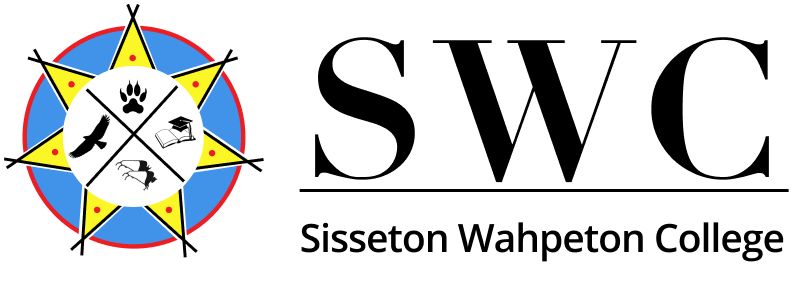Addiction and Diversity Counseling
Degree: Associate of Science
Credit Hours Required: 65
The Addiction and Diversity Counseling degree prepares a student for counseling in an agency or institution which provides treatment for individuals who suffer from addiction. This degree also serves as a foundation for a Bachelor’s Degree in any Human Service related field, as well as in the Chemical Dependency field.
Program Outcomes:
A. Develop professional relationship that empowers the individual to use their own problem solving strategies.
B. Apply skills to the development of treatment interventions and care plans.
C. Demonstrate confidentiality, advocacy with professional and ethical standards.
D. Adhere to a respectful relationship with staff, clients, families and communities in a culturally competent manner.
E. Demonstrate assessment, knowledge, skills and strategies for clients with substance abuse and mental health issues.
Required Professional Courses 24
ADC 115 Introduction to Alcohol Use and Abuse 3
ADC 116 Introduction to Drug Use and Abuse 3
ADC 223 Ethics for the Alcohol and Drug Professional 3
ADC 227 Alcohol and Drug Group Counseling 3
ADC 234 Native American and Substance Abuse 3
ADC 256 Counseling Families with Alcohol or Other Drug Issues 3
ADC 261 Alcohol and Drug Treatment Continuum 3
ADC 296 Treatment Internship 3
General Education Requirements 41
Please refer back to pages 32-33 of the catalog for a full description of each of these General Education requirements.
English/Communications 6
Math/Science 7
Humanities 3
Social Science
(Must be ADC 141 and DKT 140) 6
Dakota Studies 6
Computer Science 3
General Education 4
General Education Courses 6
(Must be ADC 230 and ADC 244)
Students that come into the program prepared to take 100 level classes can complete the program in two years (4 semesters) and one summer if taking 15 credits each semester. If a student takes 12 credits, minimum for full-time, the program can be completed in 2.5 years (5 semesters) and one summer.
Adduction and Diversity Instructor: Gideon Kilonzo
Cost to complete the program within normal time (15 credits per semester):
(Based on five semesters)
Tuition $ 8,125
Registration Fee 250
Lab Fee $50 (per lab class) 150
Library Usage/Email Account Fee 150
Building Usage Fee 125
Technical Fee 450
Books and Supplies (estimate) 3,000
Graduation Fee 40
Activity Fee 150
Total $12,440*
* SWC does not participate in any type of loan program.
No special laboratory/equipment are provided nor needed for this program. There are many classrooms and several student areas equipped with computers for students to use.
Due to the program size SWC does not publish graduation rates in order to protect the privacy of the students.
34 CFR 668.6(b) The name and U.S. Department of Labor’s Standard Occupational Classification code of the occupations that the program prepares the student to enter along with links to occupational profiles on the U.S. Department of Labor’s O*NET web site or its successor site.
o 21-1011 Substance Abuse and Behavioral Disorder Counselors
Counsel and advise individuals with alcohol, tobacco, drug, or other problems, such as gambling and eating disorders. May counsel individuals, families, or groups or engage in prevention programs. Excludes “Social Workers” (21-1021 through 21-1029), “Psychologists” (19-3031 through 19-3039), and “Mental Health Counselors” (21-1014) providing these services.
Broad Occupation: 21-1010 Counselors
Minor Group: 21-1000 Counselors, Social Workers, and Other Community and Social Service Specialists
Major Group: 21-0000 Community and Social Service
O*NET link for Addiction and Diversity Counselor https://www.onetonline.org/link/summary/47-3012.00
